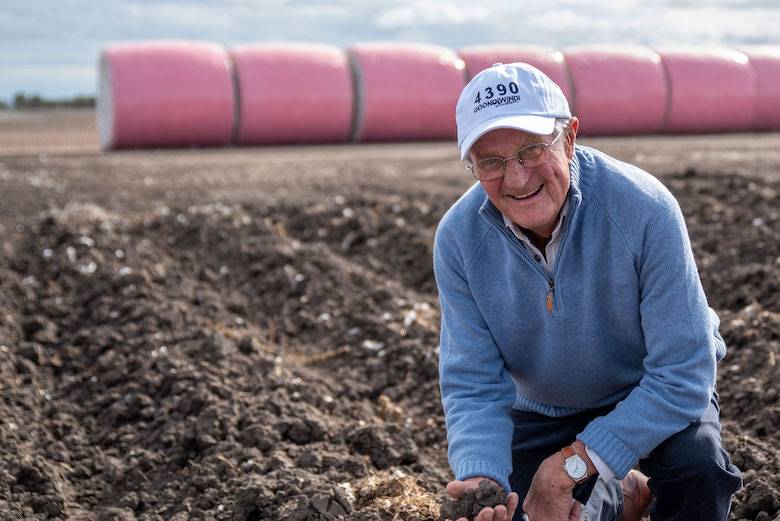Textile waste added to soil in Cotton Australia trial

Promotions body Cotton Australia has begun what it called a ground-breaking trial to return cotton textile waste to cotton fields. It launched the trial at a cotton farm in Goondiwindi, Queensland, on June 16.
Cotton Australia explained that it wanted to test the potential of shredded cotton products to offer benefits to cotton soil health, while also providing a solution to the problem of textile waste. Its partners for the project include a specialist circular-economy consultancy called Coreo and the Queensland Government. Soil scientist Dr Oliver Knox, who, with the support of the Cotton Research and Development Corporation, runs a research platform called The Cotton Hub at the University of New England, is also involved.
Around two tonnes of cotton textiles, garments and end-of-life coveralls worn by emergency service personnel in Queensland were processed by Sydney-based textile upcycling specialist Worn Up. The material was then transported to a farm called Alcheringa and spread onto a cotton field by farmer, Sam Coulton.
The hope is that the cotton fibres will break down in the soil, increase microbial activity, lock in carbon and provide cover to improve soil moisture.
Cotton Australia’s projections are that the initiative can mitigate the emission of 2,250 kilos of CO2-equivalent by breaking down these garments in the soil rather than putting them into landfill. The latest estimates for Australia show that approximately 85% of apparel is sent to landfill at end of life.
“Returning cotton garments to cotton farms would completely close the loop for cotton products,” said Cotton Australia project manager, Brooke Summers, in the build-up to the launch. She said the idea could provide a win for brands, retailers and consumers looking for circular solutions, with possible benefits for farmers, the soil and the planet too. “It’s very exciting,” she said.
The trial will be completed at the time of the next cotton harvest in early 2022, with initial results expected shortly after.
Commenting on the initiative, Dr Oliver Knox said: “We need to get smarter about how we reduce and manage waste. The potential to divert clothing from landfill, reduce greenhouse gas emissions and potentially feed our soils could help deliver more sustainable practices in multiple sectors.”
From a farmer’s point of view, Sam Coulton said: “We grow it here and we should be able to bury it here, with a positive environmental and economic impact for the local community.”










